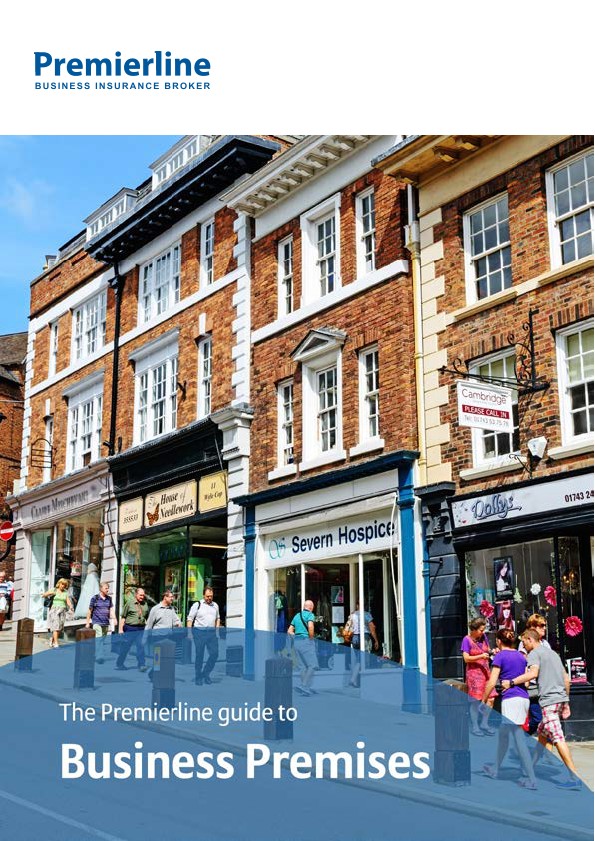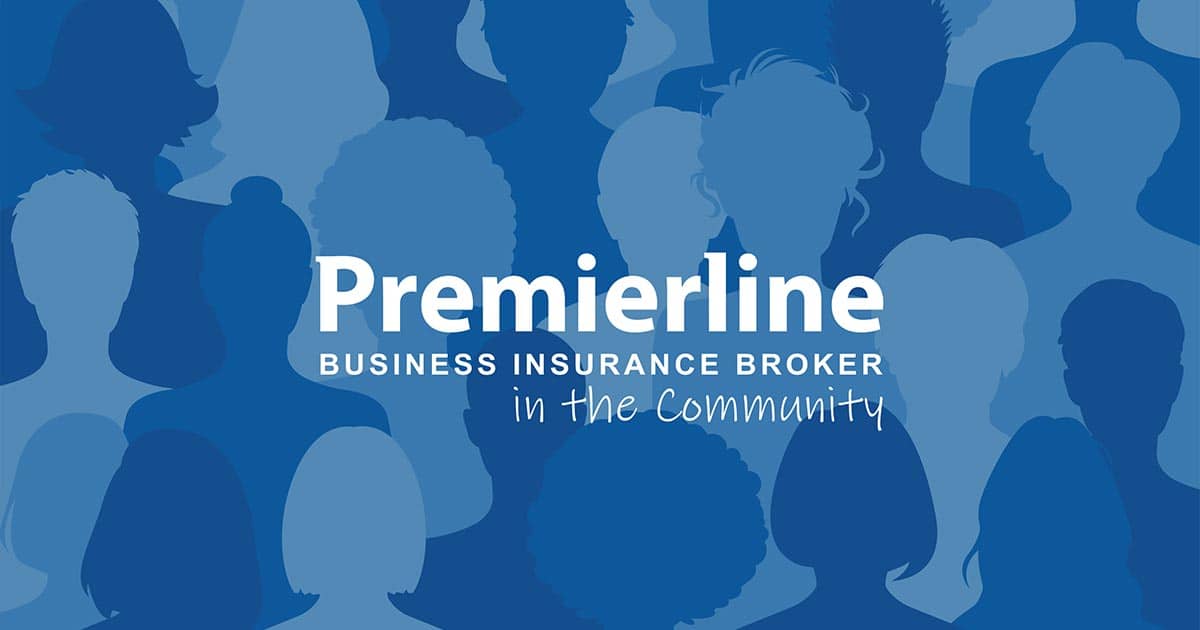Business Premises Guide: Business lease
Leases, also known as commercial rental agreements are complex documents with differing arrangements and primarily set out the terms and conditions of an agreement between a landlord and tenant. Few people outside of the property and legal worlds will understand all of the details included in a lease agreement.
Jonathan Hand from Talkspace Group, explains “Business owners mistakenly believe that the commercial property agent, who is marketing the property, is acting for them when in reality they are acting for the landlord or property owner.”
At this point it would be advisable to seek help from a professional – a property consultant or a solicitor to act on your behalf.
Leasing is generally more flexible in the short term than buying. If your business is relatively small and still has plenty of room to grow then it may be your preferred option.
Paul Bagust, Director of Commercial Property Professional Group at RICS (the Royal Institution of Chartered Surveyors) adds: “People don’t always take time to read their leases in detail, that’s the fundamental flaw. There is an assumption that a lease is presented to you, you sign it and then you give it back. That’s not at all how it should be.”
“You need to understand the whole lease terms especially when it comes to rent reviews and things like dilapidations.”
Advantages and disavantages of taking on a business premises lease
Advantages
- Greater control over your monthly outgoings with fixed fees
- Some financial emphasis may lie with the landlord (for example, external maintenance) which may reduce financial strain
- Short term leases mean that you have more freedom to move easily
Disadvantages
- There are restrictions to the changes that you can make to the property – with landlord approval normally required
- Costs – there may be costs such as deposits or rent up front that could be costly to your business
- When you leave the property you will be responsible for returning the property to its original state which could be costly
Additional considerations for taking on a business premises lease
There are a number of things that you should consider and look further into before signing a lease:
Rent
How often the rent needs to be paid and how this fits into your business cash flow plans.
Use of premises
Does the landlord have planning permission? Can you make adaptations and is the building and its permissions fit for your business activity? Read more on this in the Planning Permission and Use Classes section.
Length of lease
For new businesses in particular, a lengthy lease could be a burden, so you may want to opt for a shorter term lease. Start-ups may even consider a licence fee agreement.
Costs and repairs
This falls into two categories – utilities and repairs – usually utilities will be an additional fee but it is worth checking to see if this is included as part of your rent or not. In most lease agreements, internal and external repairs are the responsibility of the tenant.
“One of the biggest areas of dispute between landlords and tenants surrounds the liability for repairs, especially around dilapidations at the end of the lease. These disputes occur because the tenants did not fully understand the implications of what they signed up to.” adds Jonathan from Talkspace Group.
Tip: Consider checking other rental prices around the area, you may be able to negotiate with the landlord if there are similar properties available for lower rent.
Download our guide to
Business Premises
Find out more about our full Business Premises Guide here or browse through the content below to learn more.
- Making the decision to move premises
- Finding the right premises
- Additional costs of business premises
- Taking a business lease
- Building surveys for business premises
- Making an offer on business premises
- Taking a business licence
- Planning permission for business premises
- Buying business premises
- Business premises insurance

















